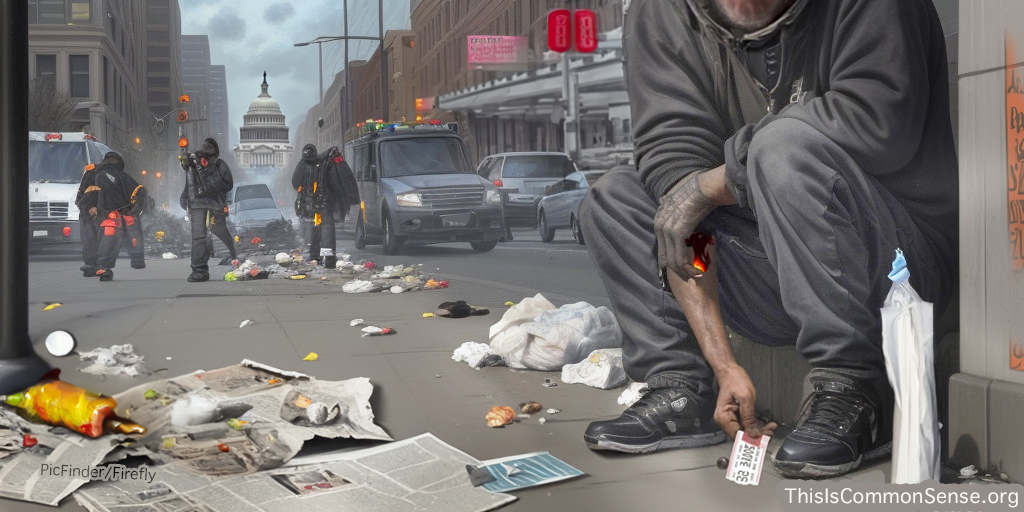President Biden may be doddering, dithering, and cranky, but his writers are mis-educated dolts.
The State of the Union address, last week, was performed before Congress by a man so hopped-up on stimulants that . . . one looks for precedents. Not among the U.S. Presidents, though, but among the Chancellors — the “schkankily clankily” guy, as Norm Macdonald referred to him; the man who is known to have
I bring up precedents because Biden’s writers
The address began by memorializing President Franklin Delano Roosevelt’s 1941 address before Congress, in which FDR used the word “unprecedented.” Biden’s speech writers take this as an occasion to use the word. “Now it is we who face an unprecedented moment in the history of the Union.”
And then proceed to mention more precedents for the “unprecedentedness” of it all.
It’s almost as if they don’t know the meaning of
The biggest precedent is the pure partisan nature of the message, which — instead of performing a sober constitutional duty to give Congress the president’s view of the union of the states — has become, in recent years, a simplistic barrage of invective against the president’s opposing party.
This year’s SOTU address was worse than ever on the partisan divide, with “populist” attacks upon the SCOTUS for allowing Roe v. Wade to fall, and relentless attacks on Republicans. The most interesting and substantive topic was Social Security, with the usual (quite precedented) promise to shore it up with tax increases . . . on the rich. (Reason magazine took the idea seriously and found its fault.)
Thankfully, Biden’s writers avoided the biggest State of the Union cliché of all: the traditional pronouncement that the state of the union “is sound.”
It is not.
This is Common Sense. I’m Paul Jacob.
Illustration created with PicFinder and Firefly
—
See all recent commentary
(simplified and organized)





